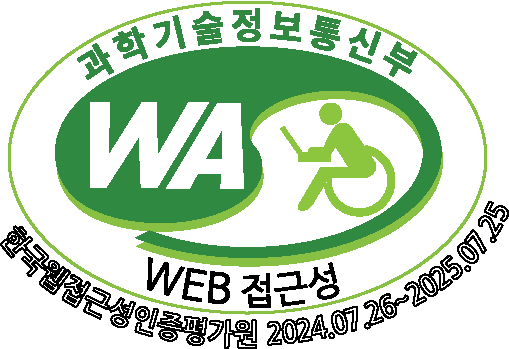장관
「제9차 KF-CSIS 한미전략포럼」축사(2024.11.18.)
- 작성일
- 2024-11-19
- 수정일
- 2025-05-28
- 조회수
- 27178
Congratulatory Remarks by H.E. Cho Tae-yul
The 9th KF-CSIS Korea-US Strategic Forum
18 November, 2024
President Kim Gheewhan of the Korea Foundation,
President John Hamre of CSIS,
Deputy Secretary of State Kurt Campbell,
Distinguished Guests,
Ladies and Gentlemen,
Let me start by thanking the Korea Foundation and CSIS for inviting me to say a few words at this distinguished forum.
This year’s Korea-U.S. Strategic Forum holds particular significance for a couple of reasons.
First, this year is the 15th anniversary of the establishment of the Korea Chair at CSIS.
The fact that CSIS was the first D.C. think tank to establish such a position, speaks volumes about its exceptional commitment to fostering deeper U.S. understanding of Korea and to advancing the Korea-U.S. alliance.
I extend my warm congratulations to CSIS and my heartfelt thanks to Dr. Hamre for his extraordinary leadership and the team at CSIS for their tireless work over many years.
Second, the timing of today’s forum is especially apt since it is coming on the heels of the U.S. presidential election.
It’s hard to think of a better time to discuss the path forward not just for the Korea-U.S. alliance but also for Korea-U.S.-Japan trilateral cooperation.
To be sure, concerns have been raised in many circles about the implications of the election’s outcomes on U.S. relations with its allies.
But I am strongly confident that the Korea-U.S. alliance will continue to thrive and reach new heights in the coming years.
The reasons for this optimism are threefold.
First, my interactions as Foreign Minister with a wide range of key interlocutors in the United States have left me as convinced as ever that American support for the Korea-U.S. alliance cuts across party lines.
The importance of the Nuclear Consultative Group and of strengthening extended deterrence is widely understood.
Support runs deep for further expanding the alliance’s horizon to cyberspace and outer space and for broadening our trade and investment partnership to include shipbuilding and servicing, semiconductors, batteries, AI and nuclear domains, among others.
Second, the Yoon Suk Yeol administration’s determination to assume roles and responsibilities commensurate with Korea’s strength comports very well with the expectation that allies must pull their weight.
Seoul, too, is committed to maintaining peace through strength and making sure that its defense spending is robust.
Only three US allies and partners -- Israel, Greece, Poland -- spend more on defense as a percentage of GDP than Korea.
The Yoon Suk Yeol administration’s Indo-Pacific Strategy and the high watermark it has reached in strengthening trilateral cooperation with the US and Japan have helped to align its approach with the current U.S. administration.
The same will be no less true with the incoming administration.
Indeed, it is worth recalling that Seoul had neither an Indo-Pacific strategy nor a strong relationship with Japan during the first Trump administration.
Korea is also the single-largest foreign direct investor in the U.S., having invested over 100 billion dollars in the last several years, creating half a million jobs.
Third, there is growing recognition that the North Korea of today is not the North Korea of yesterday.
Not only have the material threats posed by Pyongyang’s nuclear and missile capabilities grown immensely, Pyongyang’s destabilizing actions are reaching beyond Northeast Asia.
Its troops and weapons deployed to Russia are directly threatening Europe and reshaping security dynamics in the Indo-Pacific and Europe.
Thus, any attempt to end the war in Ukraine would be inadequate without addressing North Korea’s illicit assistance to Russia’s war efforts.
And any attempt to stop North Korea’s military support for Russia’s aggression would be incomplete without a parallel push to denuclearize North Korea.
Deepening ROK-U.S.-Japan trilateral cooperation and advancing collaboration with like-minded nations across the Indo-Pacific and in Europe, whether through NATO or the G7, will remain as critical as ever in addressing this and other complex challenges facing our world.
On that note, I wish to conclude by expressing my best wishes for a successful forum.
I am confident that the forum will offer invaluable insights and recommendations on the way forward for the Korea-U.S. alliance – just as the forum’s recommendation had proven to be profoundly prescient four years ago.
Thank you for your attention.
